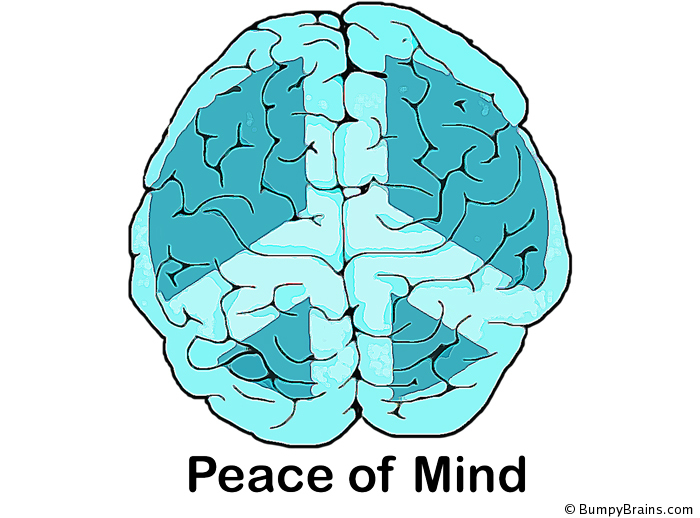"You become what you think. If you’re not getting the results you want, ask yourself what you were thinking first.
Whether you’re aware of it or not, you have a mental tape running constantly that affects your moods and ultimately, your behavior. When these thoughts are negative, outdated, or confining, they undermine the process of change. It stands to reason that without awareness of this mental chatter, you won’t really know why you do what you do.
Your thoughts are the primary creator of your emotions, which inspire your actions, and therefore lead to your results. This “thought > feeling > action > result” cycle is a “causal loop.” (In Eat What You Love, Love What You Eat, I call this cycle “TFAR.”)
In other words, when you think a certain thought, it causes you to feel a certain way, which causes you to act in a certain way, which causes certain results, which then “proves” that your original thoughts were correct.
This “thought > feeling > action > result” cycle applies to all of your thoughts, not just those surrounding food, eating, and weight. It applies to your thoughts about your relationships, your career, your finances, your habits, and your abilities—any area of your life within your sphere of influence.
These patterns of thinking become repetitive. Even when a thought pattern leads to poor results, you may stay locked in its trap because it feels familiar and comfortable. Thousands of repetitions of a particular experience create auto-pilot thoughts, feelings, and actions, and therefore, predictable results.
The first step to disrupting an undesirable cycle is to start monitoring your internal conversation and notice the results that it creates. If you recognize that your self-talk is inaccurate, ineffective, or limiting, you can choose to change it in order to change your outcome. Just as the repetition of negative mantras become ingrained, the repetition of new positive mantras will result in the rewiring of your brain.
Interestingly, you don’t even have to believe what you’re saying to yourself at first. There’s power in simply saying it. Your mind doesn’t tolerate incongruence; if your thoughts are saying something, your brain will find a way to make it true. In other words, “fake it until you make it.” When you act “as if” it were true, it often becomes true.
There are many thought patterns or self-talk that will keep you stuck in a rut. Let’s take a look at just one type of internal conversation that is common in people who struggle with their weight, the Inner Critic. This self-talk is harsh and hypercritical and says things like:
“You are weak-willed and you have no self-control.”
“You are too heavy to be attractive.”
“You are lazy and too undisciplined to exercise the way you should.”
Although you may think you’re keeping yourself in line, criticism is a poor long term motivator—even when you’re the one doing the criticizing. Instead this hypercritical self-talk causes feelings of inadequacy and hopelessness. As a result, you won’t do your best or even try. The results only prove that the Inner Critic was right—and lead to more harsh criticism.
To change this pattern, begin to use an encouraging, gentle inner voice to motivate yourself toward the positive changes you want. For example:
“It is a challenge to turn down tempting food but you can always have it later when you are hungry.”
“You look really nice in this dress—especially when you smile!”
“You will feel so much better if you take even just a short walk. Everyone has to start somewhere.”
The next time you find yourself eating in a way that feels out of control, uncomfortable, or unsatisfying, ask yourself what you were thinking before you took the first bite of food. Remember that negative self-talk can lead to uncomfortable feelings and overeating. When you practice catching these negative thoughts before they lead to negative feelings and behaviors you can switch to a kinder, gentler, observing voice that coaches you toward the results you really want!
Your thoughts..."
Your thoughts..."
- Michelle May, M.D. is the founder of the Am I Hungry?® Mindful Eating Workshops and Facilitator Training Program that helps individuals learn to break free from mindless and emotional eating. She is the author of Eat What You Love, Love What You Eat: How to Break Your Eat-Repent-Repeat Cycle. (Download chapter one free.)


No comments:
Post a Comment